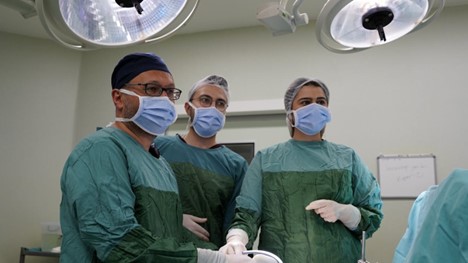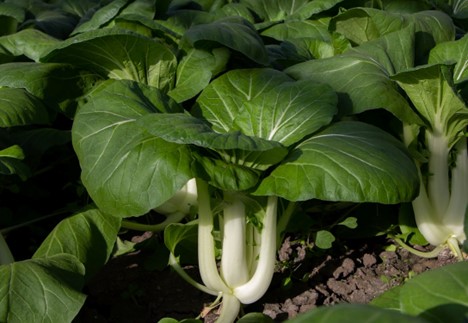Common Mistakes When Going Meatless: Tips for a Balanced Plant-Based Diet
In recent years, there has been a significant rise in the popularity of plant-based diets. Many people are opting to reduce or eliminate meat from their meals for various reasons, including health, environmental concerns, and animal welfare. However, transitioning to a meatless diet isn’t always smooth sailing. There are common pitfalls that individuals encounter along the way. In this blog post, we’ll explore some of the most frequent mistakes people make when going meatless and provide tips for avoiding them.
- Not Planning Meals Properly
One of the most common mistakes people make when transitioning to a meatless diet is not adequately planning their meals. Without proper planning, it’s easy to fall into the trap of relying on convenience foods that may not be nutritionally balanced. To avoid this, take the time to plan your meals for the week ahead. Stock up on a variety of:
- fruits
- vegetables
- whole grains
- legumes
- nuts and seeds
to ensure you have plenty of options on hand.
- Overemphasizing Processed Foods
While there are now countless plant-based alternatives to meat products on the market, relying too heavily on processed foods can be a mistake. While these products can be convenient and tasty, many of them are highly processed and may contain excessive amounts of salt, sugar, and unhealthy fats. Instead, focus on incorporating whole, minimally processed foods into your diet as much as possible. Choose whole grains like:
- quinoa
- brown rice
- oats
and opt for fresh or frozen fruits and vegetables over canned varieties
- Neglecting Protein Sources
Protein is an essential nutrient that plays a crucial role in building and repairing tissues in the body. Many people mistakenly believe that it’s challenging to get enough protein on a meatless diet, but this is simply not the case. There are plenty of plant-based sources of protein, including:
- beans
- lentils
- chickpeas
- tofu
- tempeh
- nuts
- seeds
- whole grains like quinoa and bulgur
Make sure to include a variety of these protein-rich foods in your meals to meet your daily protein needs.
- Ignoring Nutrient Deficiencies
Eliminating meat from your diet can lead to potential nutrient deficiencies if you’re not careful. Two nutrients that vegetarians and vegans need to pay particular attention to are vitamin B12 and iron. Vitamin B12 is primarily found in animal products, so vegans may need to supplement their diet with B12-fortified foods or supplements. Iron can be found in plant-based sources like:
- lentils
- spinach
- tofu
- fortified cereals
but it’s essential to pair these foods with sources of vitamin C to enhance iron absorption.
- Expecting Instant Results
Finally, one of the most significant mistakes people make when going meatless is expecting instant results. While adopting a plant-based diet can have numerous health benefits, including:
- weight loss
- improved digestion
- increased energy levels
it’s essential to be patient and give your body time to adjust. It may take some trial and error to find the right balance of foods that work for you, so don’t get discouraged if you don’t see immediate changes.
To learn more, check out this summary from WebMD.
By planning your meals properly, focusing on whole foods, incorporating adequate protein sources, addressing potential nutrient deficiencies, and being patient with yourself, you can enjoy a balanced and fulfilling plant-based diet.
Elevate your experience even further by incorporating carefully curated supplements from the renowned Asher Longevity Institute, igniting a holistic approach to optimize your body’s vitality and well-being.




